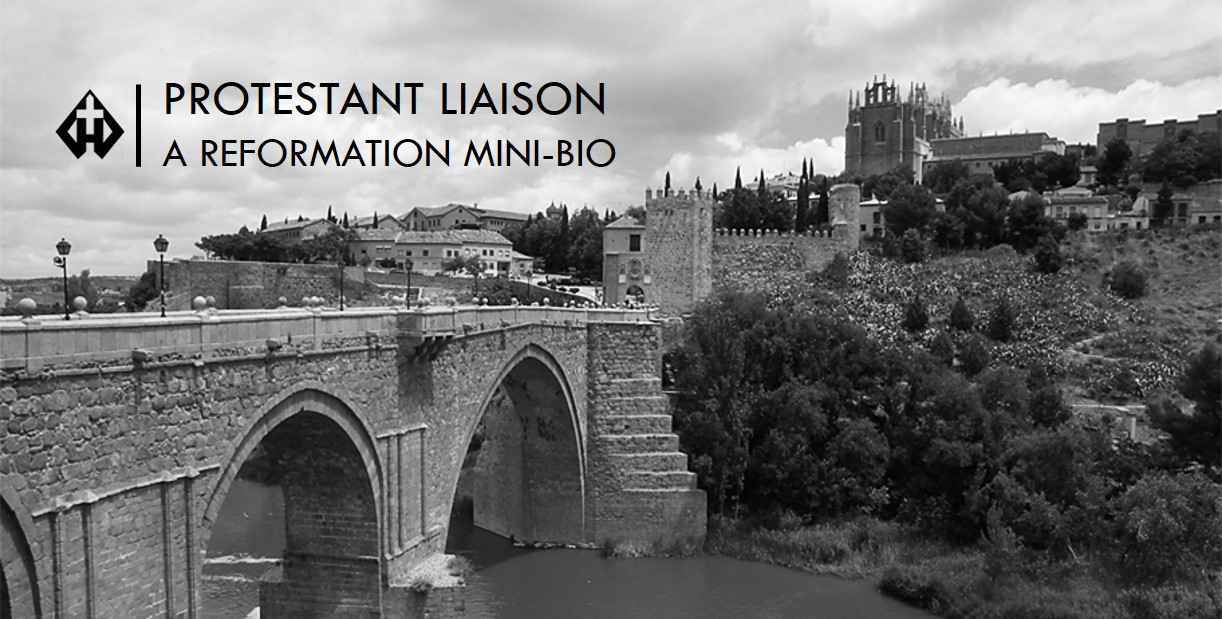To this day, I remember a well-meaning college student teaching on this passage at an event when I was part of a youth group. With all the wisdom of a church father, they read the passage and then waded into interpretation by saying: “Christians are here to give flavor to the world” as they attempted to explain the meaning of “you are the salt of the earth.” I remember how strange and unhelpful that was for years to come. However, for all the weird and uninformed hermeneutics available, there are some great historical examples of references to this passage that will be sure to add flavor to any sermon or Bible study.
Read MoreD. L. Moody & the Art of Using a Story to Get to THE Story
Methods of using stories in sermons have long been debated. Typically, evaluation is given to their quality, length, and volume. One great example of how this can be done effectively is in a particularly powerful sermon by D. L. Moody (1837-1899) that was so riddled with testimonies of God’s work in the lives of famous theological figures that one could criticize the good evangelist for excess if one dares censure the portly statesmen of the faith. Regardless, from Moody’s example the modern pastor can learn better the craft of weaving in the real-life testimonies of saints past and contemporary without distracting from the narrative of the Gospel in their own sermons.
Read MoreThe Pastoral Transition from Mediators to Shepherds During the Early Reformation
No longer serving as the human gateways to God, these men and their office became reborn as shepherds of the flock of Christ. In this era, we see the rise of the pastor as we know them today. By the end of Hudson’s “Puritan Age,” it was firmly established in title, practice, and clothing that “there is one mediator between God and men, the man Christ Jesus,” and the congregation looked to their “minister” to point them towards Him.
Read MoreGateway to Paradise: Medieval and Renaissance Views of Baptism
The door to the local baptistery truly became the gates to paradise for members of the Florentine congregation as the hope and promise of eternal life surely did lay on the other side of its waters. As beautiful and haunting as the door’s images, the hopeful minds of parents carrying their children through the gates to be ushered into the Kingdom of God can be just as jarring. No angel with flaming sword guarding this path, Ghiberti’s gates swung wide to receive all who wished to pass on their beliefs to the next generation.
Read MorePascal, Anselm, and the State of Communicating Deep Ideas to an Unsuspecting Public
In this struggle, we see our own quest to relay history and theology to students in both classroom and pew. We must not evacuate all deep thoughts and become shallow. To this end, we must value the simple not the simplistic. Further, the most eloquent tidbit of knowledge is nothing if left sitting in the corner of our academic minds. As Anselm’s students knew, his ideas had immense value if they could be taken out, dusted off, and made to see the light of day. In the same way, the most priceless antique is failing to pursue its purpose if left wrapped in the attic. The best ideas must be given eloquent legs that allow them to walk beyond their speaker and indwell the lives of future generations.
Read More3 Filters for Teaching Historical Theology in the Church
Historical theology is a scalpel: both dangerous and vital. In the right hands, it breathes life into the everyday truths of our beliefs. It stretches human skin onto abstract doctrines and warns of errors long passed. But without the proper filter, the historically-minded theologian waits like a nineteenth century Roman brigand among shadowy ruins flush with their crusty bag of anecdotes. The unsuspecting sermon that does pass by doesn’t stand a chance as the words of God are forced to fit into a clever, human narrative.
Read MoreThe Faith and Politics of John F. Kennedy Before He Became the First Catholic President
As our nation's only Roman Catholic president to date (unless you count Jed Bartlet), John F. Kennedy spoke of a separated yet passionate faith. Even if you take issue with his application of the concept of separation of church and state in the rest of the speech, the modern person of faith must appreciate the blunt honesty of the soon-to-be 35th president on this topic. We can all learn a lot from his ultimate assessment of personal ethics in the life of the public servant.
Read MoreThe Song of Roland, the Servant of Satan, and an Inside Look at Medieval Islamophobia
Today’s Christians need to correctly understand Islamic theology and practice if they ever hope to have meaningful communication with the ever-growing Muslim population living without the good news of Jesus. The church should be the first to speak up for all humans not because they are compromising their own beliefs, but because they understand the need to replace "The Five Pillars" with the fearless monolith of Christ.
Read MoreUrsula de la Cruz: The Story of a Catholic Nun’s Unlikely Trial for Reformation Crimes by the Spanish Inquisition
Great history is often the tale of great men and their deeds of valor and vice. Silent are the chants of hungry peasants, of expelled minorities, and far too often the voices of women. The story of the Protestant Reformation shares equally in this gender gap with other periods, yet for a few individuals, their voices can be given new life through a return to the primary sources. In a strange turn of events, some of the forgotten cries of the downtrodden can be heard again through the words of their oppressors in the form of Inquisition procesos– the abbreviated trial records of the legal arm of the Holy Roman Church containing the often verbatim quotations of the participants.
Read More









